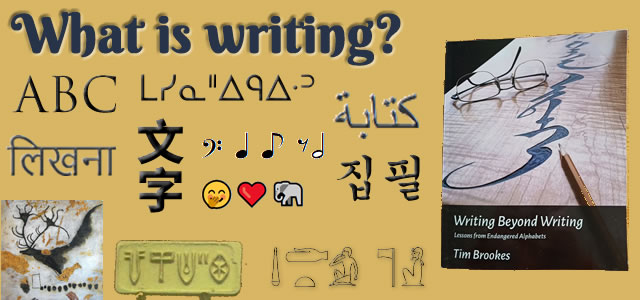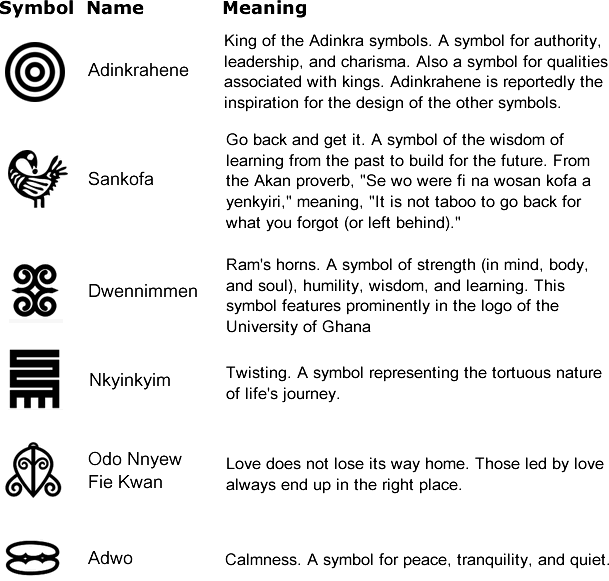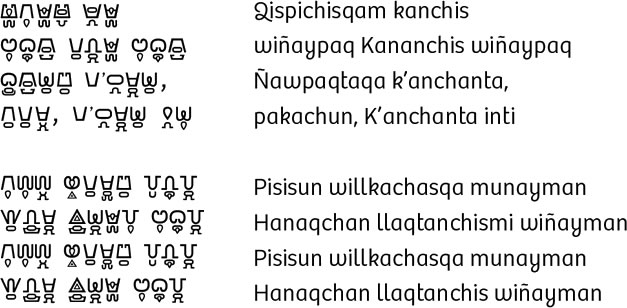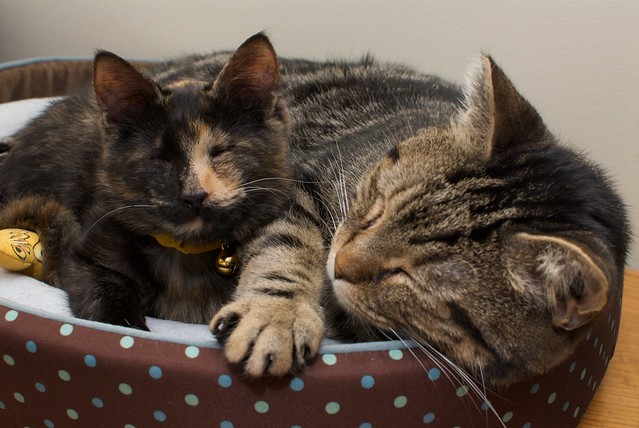Are you familiar with decals? Or maybe, like me, you call them stickers.
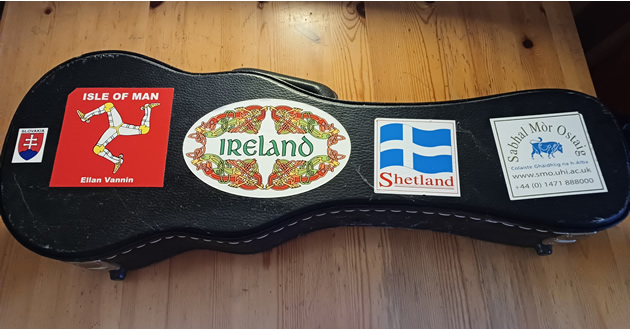
One of my ukulele cases with some stickers on it
Whatever you call them, they are “a design or picture produced in order to be transferred to another surface either permanently or temporarily.” or in other words, a decorative sticker. Apparently decal can be used as a verb as well, meaning to apply decals to (sth) [source].
I’ve come across the word decal in novels and other texts by American writers, but I hadn’t heard anybody use it in speech. Yesterday I watched a video made by a Canadian woman in Japan in which she talks about decals, and pronounces it [ˈdɛkəl] (deckle). This surprised me as I assumed it was pronounced more like [ˈdiː.kæl] (dee-cal).
Apparently, both pronunciations are used: [ˈdiː.kæl] in central Canada and Australia, and [ˈdɛkəl] in the USA, western Canada and Australia. If you use this word, how do you pronounce it, and where are you from?
Decal is an abbreviation of decalcomania (The process of transferring decorative designs onto surfaces using decals; a decal), from French décalcomanie (same meaning), décalquer (to trace, transfer [a design]), and -manie (a compulsion, obsession, a place where something can be found in great amounts).
A word that possibly comes from the same root is cockamamie, which means a foolish or ridiculous person; ridiculousness, folly or foolish nonsense; foolish, ill-considered, silly, unbelievable, triffling, and used to mean a decal [source].
Are there any words that aren’t pronounced as you’d expect based on their written forms?









